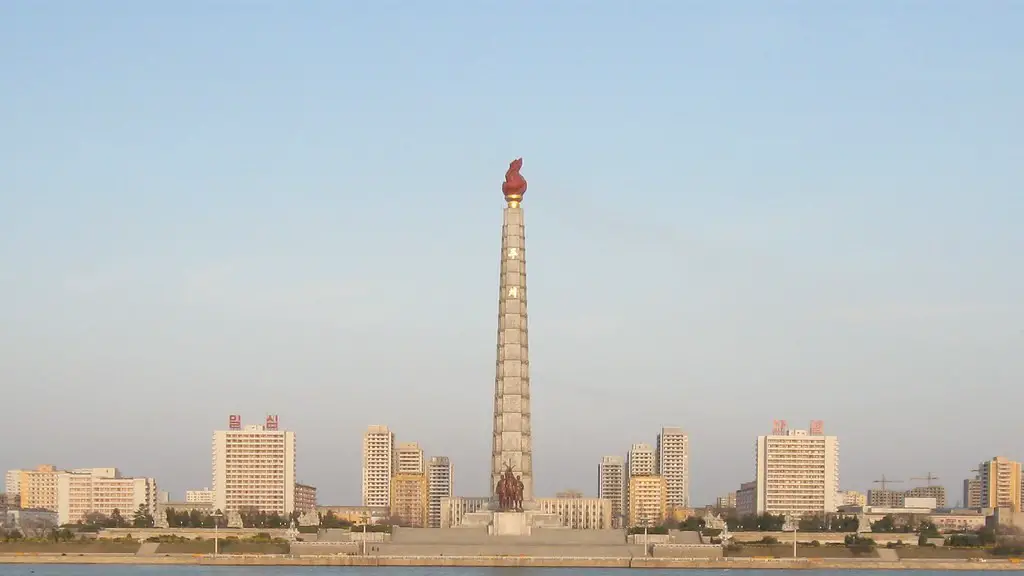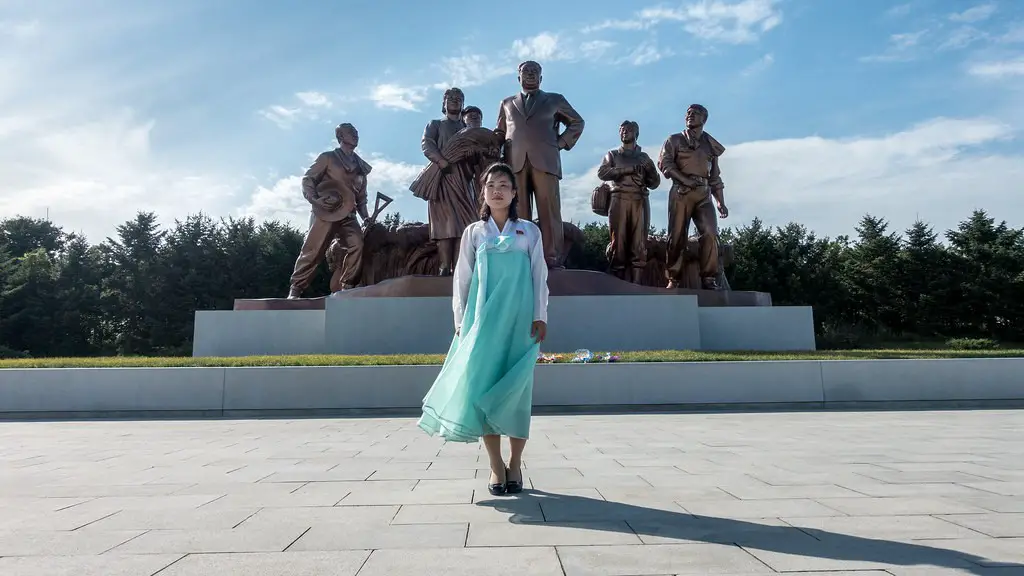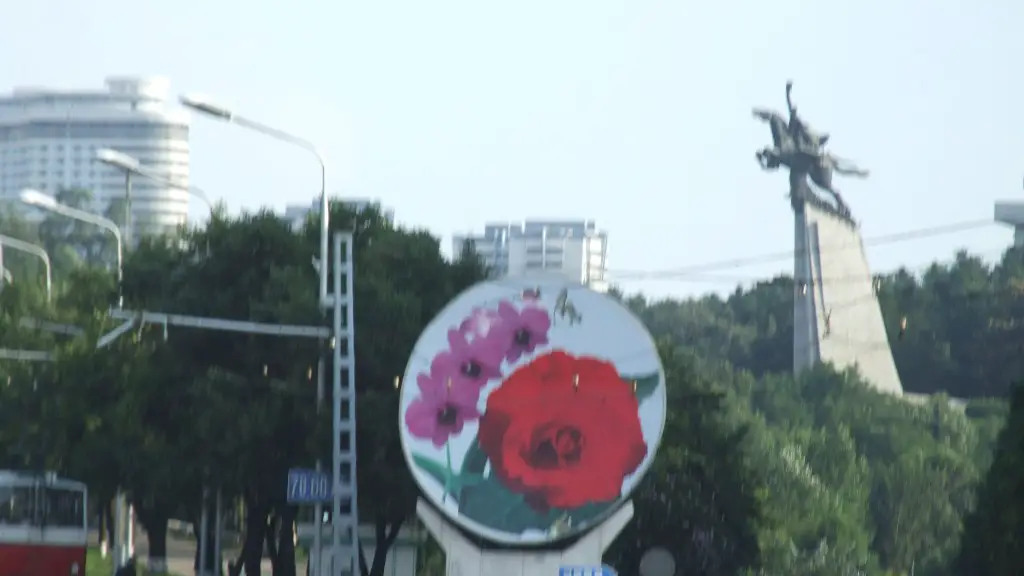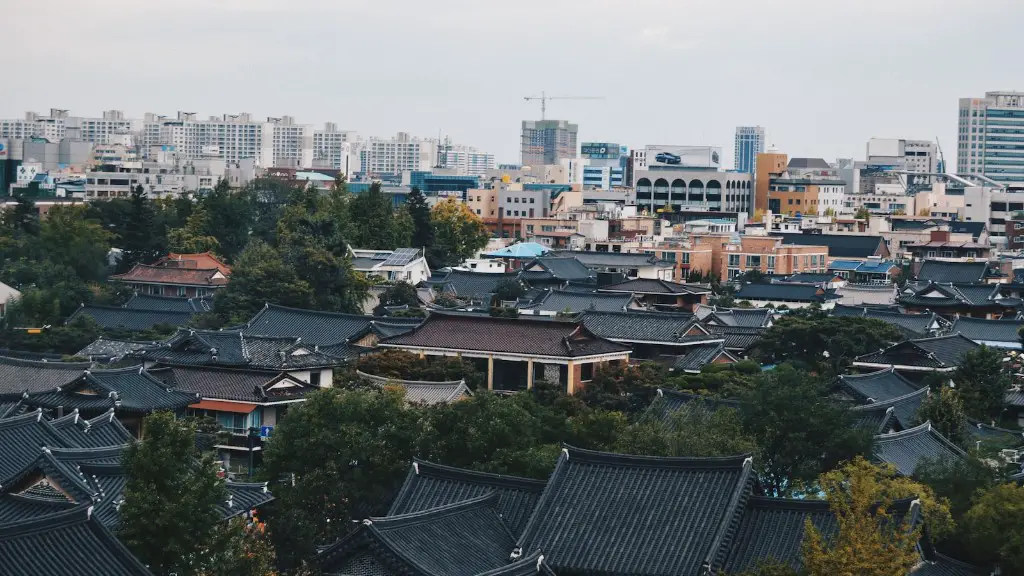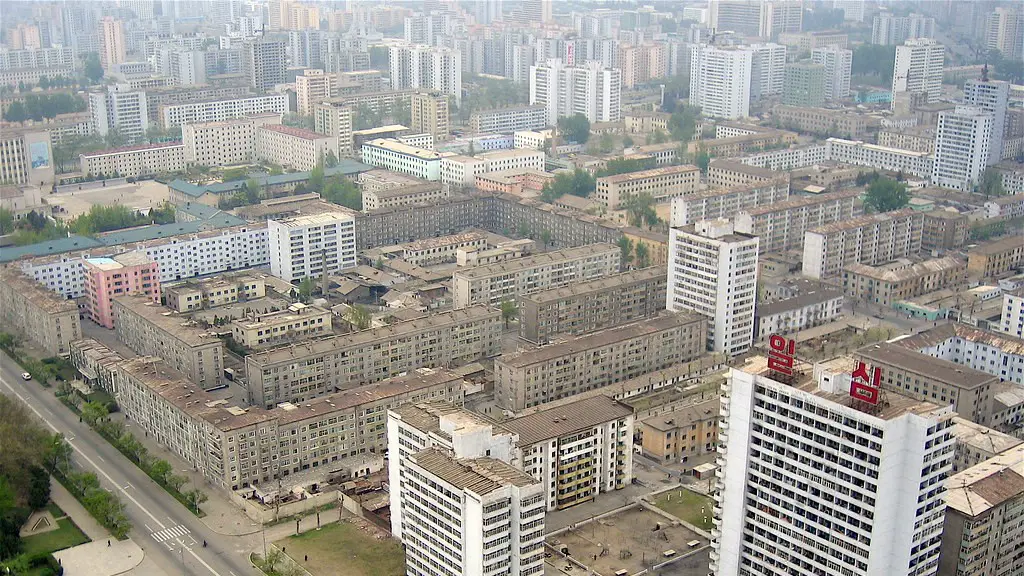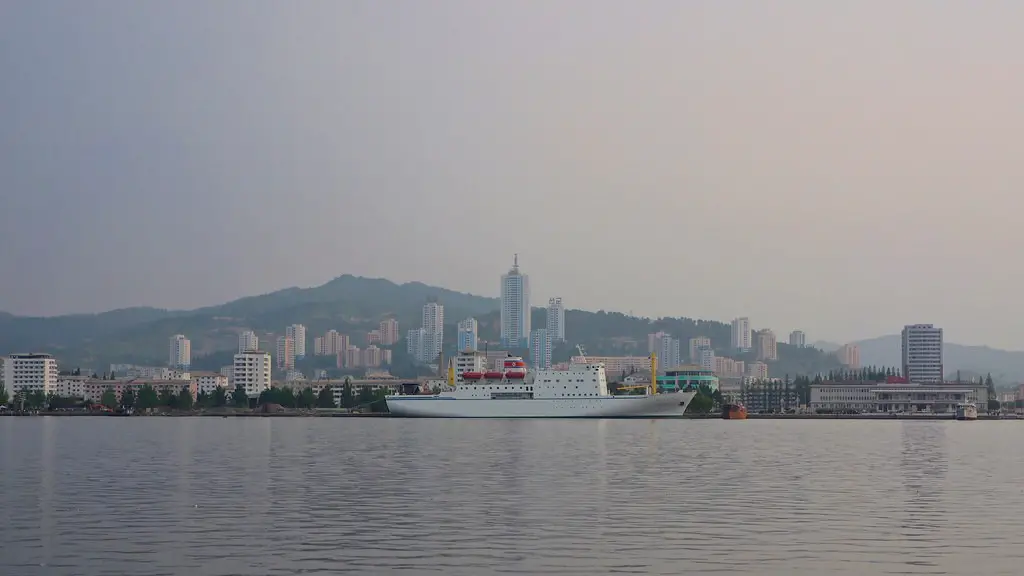The Hereditary Ruler and Supreme Leader of North Korea
North Korea is an authoritarian country led and governed by a hereditary regime. Kim Il-sung, the founder of North Korea and the grandfather of Kim Jong-un, was in power between 1948 and 1994.Kim Jong-il was the leader of North Korea from 1994 to 2011, at which point his son, Kim Jong-un, took over. Kim Jong-un is the current leader and is often known as the Supreme Leader of North Korea.
Kim Jong-un, who is in his late thirties, is an authoritarian ruler and is widely considered one of the world’s most oppressive dictators. Security and surveillance are tightly controlled, and those who speak out against Kim Jong-un’s government quickly find themselves punished, sometimes even disappeared.The state media hails Kim Jong-un as a god-like figure and is seen as the country’s saviour.
Kim Jong-un has a powerful menagerie of officials that help him rule. Advisors, officials and military leaders are all loyal to Kim Jong-un, ensuring he retains his power and position. He also wields absolute authority in North Korea, meaning any decisions passed must be approved by him.Kim Jong-un is known to employ brutal tactics to exert his influence. He has executed several high-ranking officials, declared certain regions “no man’s zone” and sent people to labour camps.
The country also operates under an ideology of “Juche” or “self-reliance”. This means that North Korea is largely isolated from the global economy and relies on its own resources to survive. North Korea has an extremely low GDP and is ranked among the least developed countries in the world. The country is highly militarised and has the fourth strongest military in the world according to the International Institute for Strategic Studies.
Kim Jong-un is portrayed in a positive light by state media, however, he is widely criticised for his human rights abuses and for allowing his country to struggle economically. He is also accused of placing too much emphasis on military pursuits, at the expense of the people of North Korea. It is clear that under Kim Jong-un’s rule, the majority of North Koreans are living in poverty, with limited access to food, adequate housing and education.
Election Process in North Korea
The election process in North Korea is not truly democratic. Elections are held every five years and although citizens are allowed to vote, the outcome of the elections is usually predetermined by the Supreme Leader. All candidates must be pre-approved by the Worker’s Party and the Supreme Leader’s leadership.
In addition to this, turnout is usually high and there are no competitive races. This means that even if a challenger attempts to go against the pre-approved candidate, they will not receive any votes. Furthermore, the Supreme Leader is always unopposed and the voting process is seen as an exercise in reaffirming loyalty to the government.
Despite this, the election process does provide an opportunity for citizens to express their opinion, albeit in a controlled and constrained manner. Although voting for an unopposed candidate may be seen as a pointless and useless exercise, it can still be a powerful gesture of loyalty, which is why the government encourages all citizens to take part.
The lack of a true and genuine election process in North Korea has been widely criticised by observers and activists. However, due to the strictly controlled nature of the country, it is unlikely that any changes will take place in the near future.
International Isolation of North Korea
North Korea is deeply isolated both politically and economically from the rest of the world. Its human rights abuses and nuclear ambitions have resulted in the country facing international sanctions and isolation. These sanctions, imposed by the United Nations, have had a devastating effect on the economy of North Korea, resulting in widespread poverty and food insecurity.
The international isolation of North Korea has only been exacerbated by the leadership of Kim Jong-un. His policies are often seen as hostile and aggression, such as his relentless pursuit of nuclear weapons and his use of cyberattacks. Furthermore, his threats against neighbouring countries and the US has made it increasingly difficult for North Korea to develop any meaningful diplomatic relations.
This international isolation has resulted in North Korea becoming increasingly isolated from the rest of the world. The country is not part of any international trade agreements and its citizens are unable to travel freely outside the country. This means that North Korea is largely cut off from the outside world and its citizens are unable to experience life beyond their borders.
Given the human rights abuses and the nuclear ambitions of North Korea, it is understandable why the country is so isolated from the international community. However, it is also clear that the policies and rhetoric of Kim Jong-un are exacerbating this isolation and making it increasingly difficult for North Korea to develop meaningful diplomatic relations with other nations.
North Korea’s Nuclear Intentions
North Korea’s intentions in regard to its nuclear program have long been the source of international alarm and scrutiny. Kim Jong-un’s statements on his pursuit of nuclear weapons and his aggressive rhetoric have raised concerns and caused heightened tensions between North Korea and its neighbours, as well as with the United States.
However, it is also important to understand why North Korea’s government pursues nuclear weapons. Despite its economic and social deficiencies, North Korea’s leadership appear to view nuclear weapons as essential for the country’s security, particularly in the face of perceived threats from the United States and South Korea.
The pursuit of nuclear weapons has also been seen as a powerful political tool by Kim Jong-un. He often uses the issue of nuclear weapons to rally his citizens against foreign enemies and as a way to consolidate his power and authority. His repeated nuclear tests have been seen as a way to send a message to the international community that North Korea is to be taken seriously and that its nuclear ambitions should not be taken lightly.
Nevertheless, the international community remains firmly opposed to the development of nuclear weapons by North Korea and the UN Security Council have imposed a series of economic sanctions in an attempt to force Kim Jong-un to abandon his nuclear ambitions. So far, these sanctions have had little impact on the situation and it remains to be seen if Kim Jong-un will ever make any meaningful concessions.
Domestic Policy in North Korea
Domestic policy in North Korea is heavily influenced by the leadership of Kim Jong-un. He has placed a great focus on strengthening the military, which is currently the fourth strongest in the world according to the International Institute for Strategic Studies. The country is also heavily militarised, and Kim Jong-un routinely employs aggressive tactics to suppress dissent and ensure the loyalty of citizens.
Besides these militaristic approaches, the domestic policy of North Korea is largely focused on developing the economy and creating opportunities for citizens. Although the country is still highly impoverished, Kim Jong-un has taken steps to introduce economic reforms, such as allowing a limited number of marketplaces, allowing some farmers to keep a portion of their produce, and allowing foreign investment into certain sectors.
Despite these reforms, economic progress has been slow and poverty and food insecurity remain rampant throughout the country. In addition, Kim Jong-un’s focus on the military has meant that many citizens have been drafted for military service and that resources have been diverted away from much needed social programs, such as healthcare and education.
While Kim Jong-un’s domestic policy has seen some successes and improvements, the nature of his rule makes it highly unlikely that more far-reaching and meaningful reforms will ever be implemented. This means that it is unlikely North Korea’s economy or standard of living will ever reach the levels enjoyed by its neighbours in the region.
Foreign Relations of North Korea
Foreign relations of North Korea are largely focused on maintaining the country’s independence and security. Kim Jong-un has taken a hardline stance in regards to foreign relations, preferring to pursue protectionism and isolation. His aggressive rhetoric and nuclear ambitions have soured relations with the international community and have resulted in economic sanctions from the United Nations.
The country also maintains close relations with China, it’s traditional ally. China provides crucial economic aid, particularly in the form of food and fuel. In addition, China has attempted to act as a mediator between North Korea and other countries in the region, offering to help the country reopen diplomatic relations.
Relations between the US and North Korea have been in flux for the past few years. The Trump administration has attempted to broker peace and open diplomatic channels, however, progress has been slow. North Korea has also rejected US calls for denuclearisation and often creates tensions by disobeying UN resolutions and conducting missile tests.
It is clear that any diplomatic thaw between North Korea and the rest of the world is unlikely, given Kim Jong-un’s approach to foreign relations. The US and its allies have attempted to increase pressure on the country by imposing further economic sanctions, however, it remains to be seen if this will have any impact on the situation.
